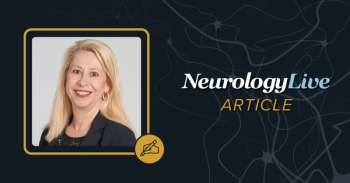
The director of Cleveland Clinic's Gamme Knife Center and Head Section of Spine Tumors writes about how stereotactic radiosurgery has transformed modern neurology and neurosurgery

The director of Cleveland Clinic's Gamme Knife Center and Head Section of Spine Tumors writes about how stereotactic radiosurgery has transformed modern neurology and neurosurgery

In this Neuropathways piece, Kevin Chang, PharmD, explores the complexities of remyelination in multiple sclerosis and the potential of Wnt/β-catenin signaling as a therapeutic target.
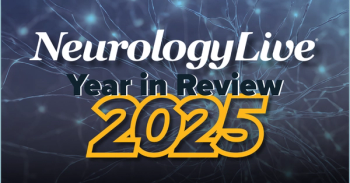
A look back at clinician-led features from 2025 that examine the questions, data, and decisions shaping neurologic care.
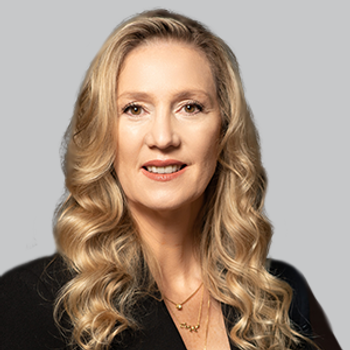
Explore the evolving landscape of developmental and epileptic encephalopathies in adults, highlighting precision therapies and the need for accurate diagnoses.
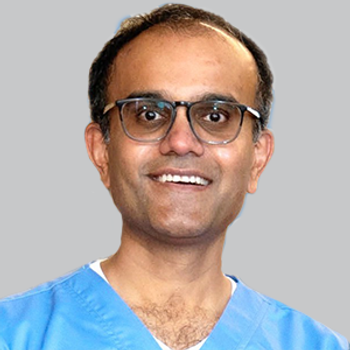
Neal K. Shah talked about how social robots could support emotional well-being in patients with neurologic conditions by reducing loneliness and promoting engagement in health-related activities.
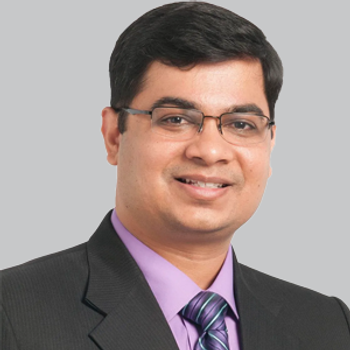
Vaishal Shah, MD, MPH, FAASM, FAAP, center director of the Sleep Disorders Center at Cleveland Clinic, spoke on the changes in how obstructive sleep apnea is treated, moving away from CPAP to more novel approaches.
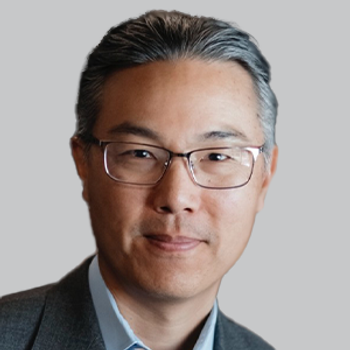
Robert Shin, MD, FAAN, professor of neurology and ophthalmology at the University of Virginia and director of the UVA MS and Clinical Neuroimmunology Center, recently shared his expertise on how multiple sclerosis (MS) affects men on the National MS Society’s Ask an MS Expert program.
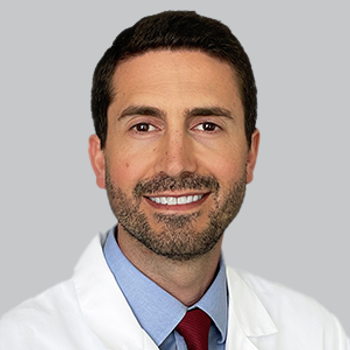
Portable optical blood flow monitors can enhance prehospital stroke diagnosis, enabling faster, accurate triage for large vessel occlusions and improving patient outcomes.

At AHS 2025, Eric Baron, DO, headache specialist at Cleveland Clinic, presented findings from a cross-sectional survey that examined psychedelic use among Canadian patients with migraine and cluster headache.

Explore the role of the complement system in autoimmune neuropathies like GBS and CIDP, and discover innovative therapeutic strategies targeting complement pathways.
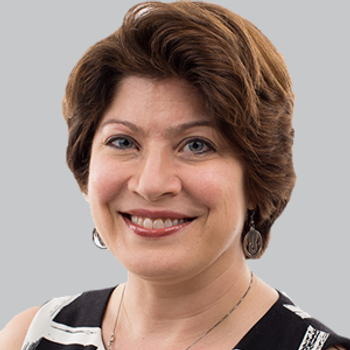
Navigating the transition from pediatric to adult neurology involves careful planning, education, and support to ensure optimal care and independence for young adults.
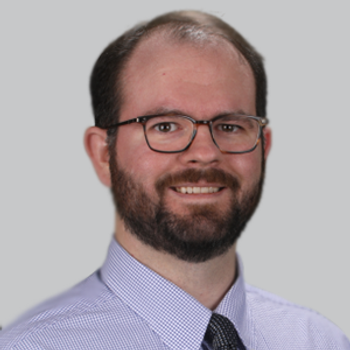
Navigating insurance hurdles for multiple sclerosis treatments poses significant risks, as seen in a patient's devastating relapse after denied care.

Explore innovative neurorehabilitation strategies for stroke recovery, emphasizing personalized approaches and advanced technologies to enhance patient outcomes.
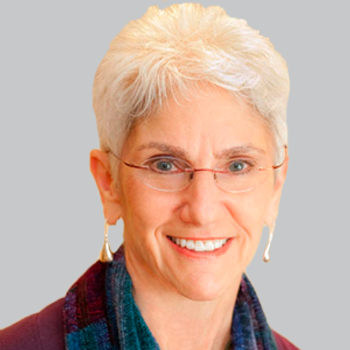
Engaging care partners in multiple sclerosis treatment enhances patient outcomes and supports their well-being, fostering healthier care partnerships.

AHN's neuro-oncology program aims to revolutionize brain and spine tumor care with innovative therapies, personalized treatment plans, and advanced research initiatives.
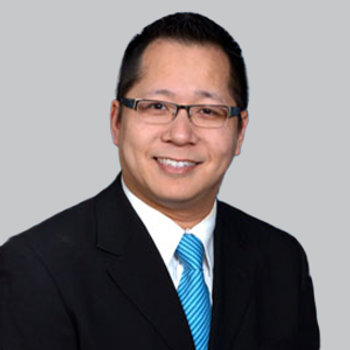
AHN Neuroscience Institute is using advanced, minimally invasive spinal surgery techniques to treat complex spine conditions, offering faster recovery, smaller incisions, and improved patient outcomes.

AHN Neuroscience Institute is the first in western Pennsylvania to offer the FDA-approved Vivistim device, combining vagus nerve stimulation with traditional rehab to improve stroke recovery.

Deborah Benzil, MD, FAAS, vice chair of neurosurgery at Cleveland Clinic's Center for Spine Health, shared her extraordinary journey of resilience, from overcoming repeated rejections to becoming a trailblazer for women in neurosurgery, and reflects on the progress made and the challenges that remain.

Neal K. Shah talked about an artificial intelligence innovation that can be used to fight denied health insurance claims, thus improving revenue cycle management for physicians' practices and the patient experience.
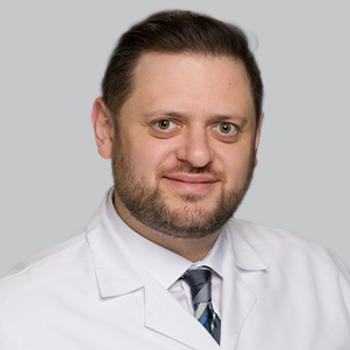
Igor Rybinnik, MD, associate professor in the division of stroke and neurocritical care in the department of neurology at Rutgers Robert Wood Johnson Medical School, talked about aspects of dizziness.
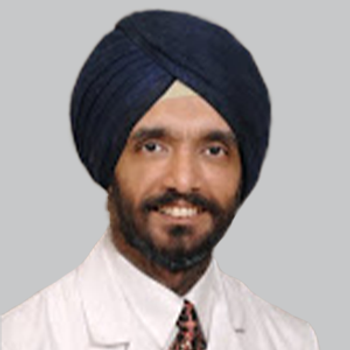
Kiranpal Singh Sangha, PharmD, clinical pharmacy specialist and adjunct assistant professor of pharmacy at The University of Cincinnati, talked about the vital role of clinical pharmacists in neurology, specifically in multiple sclerosis care.
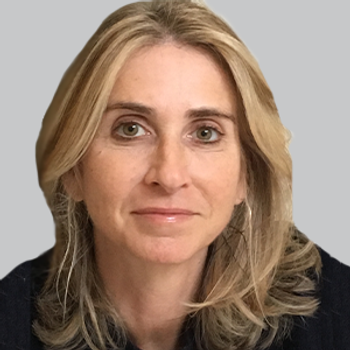
When looking at the intersection of MS and domestic abuse, one can find hidden challenges and a need for innovative efforts to support vulnerable patients and survivors.

Neal K. Shah, CEO at CareYaya Health Technologies, shared his perspective on how the new administration could unleash innovation in neurotech, reduce regulatory barriers with Elon Musk’s involvement, and accelerate innovations that could improve neurological care for those with Alzheimer and dementia.

A clinician’s guide to using a personalized medicine approach to monitor cognition in MS.
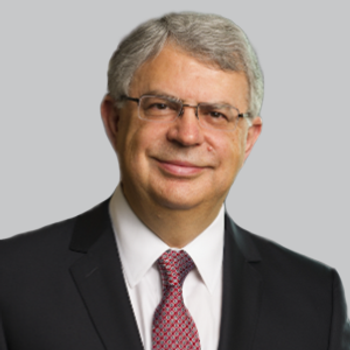
Multiple sclerosis affects nearly 3 million patients worldwide; new research is helping pave the way for developing new therapies and medications that get at the defining mechanisms that trigger immune regulation loss of this unpredictable central nervous system disease.

The 2024 revisions to the McDonald diagnostic criteria for multiple sclerosis (MS) mark a significant advancement in the early detection and diagnosis of the disease, with new biomarkers and a broadened scope that may lead to earlier intervention and improved patient outcomes.

Neal K. Shah, chief executive officer at CareYaya Health Technologies, talked about Medicare making big moves in neurological care.
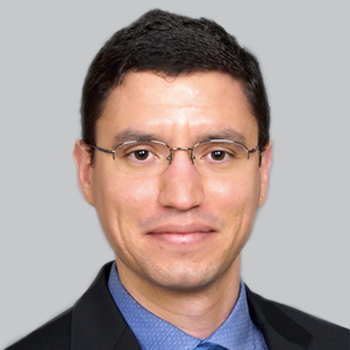
A group of experts from The Neuron Clinic shared their experience developing a novel inclusive clinical program to treat patients with early Alzheimer disease using lecanemab.

Amifampridine enhances neuromuscular transmission and relieves muscle weakness, showing promise for Lambert-Eaton myasthenic syndrome and other neuromuscular junction disorders.

Sleep is critical for physical and mental health, with its insufficiency leading to various disorders and increased health risks; thus, clinicians should integrate sleep assessments and hygiene strategies into their clinical care.